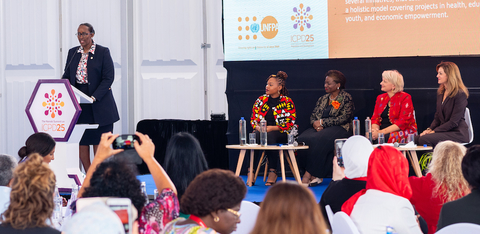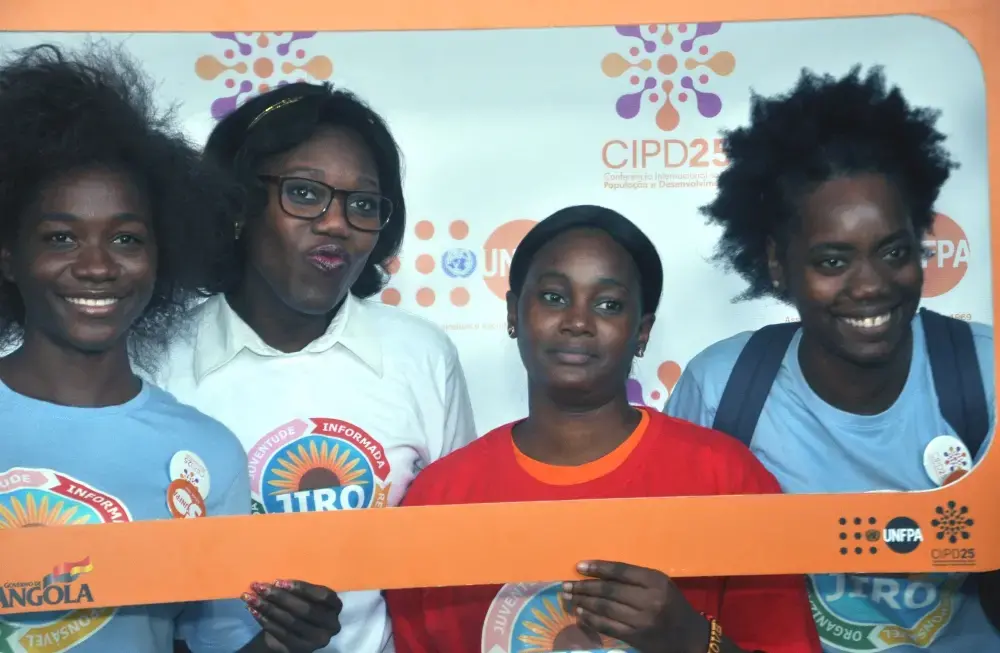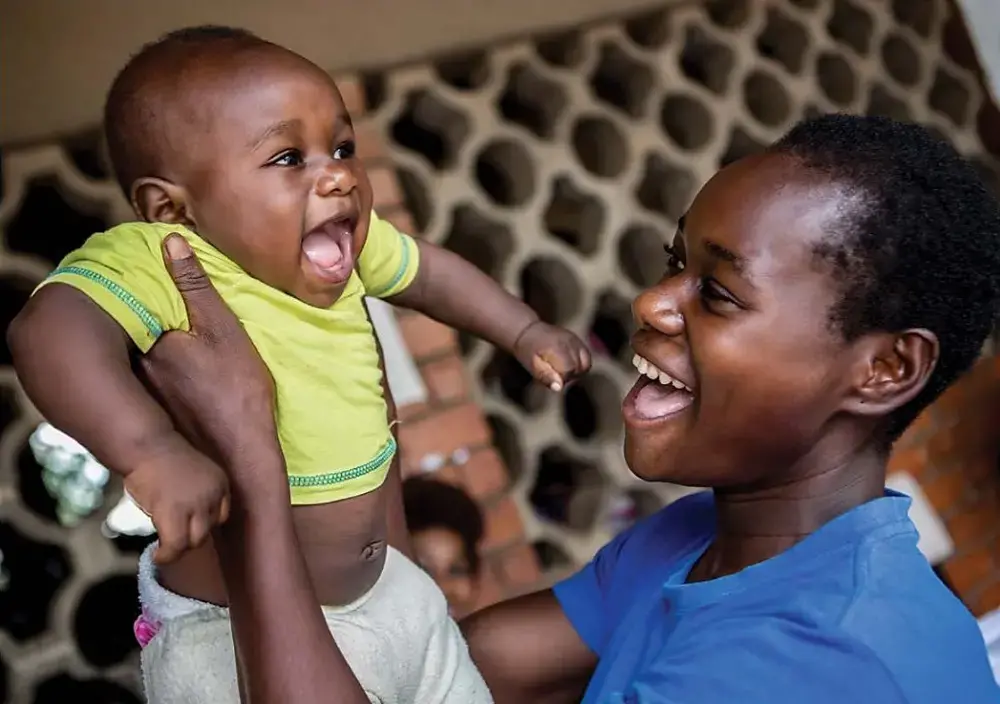NAIROBI, Kenya—The International Conference on Population and Development (ICPD) Programme of Action must be delivered in full if the Sustainable Development Goals are to be achieved, recognizing that women and girls remain the furthest behind.
This was the resounding call from over 9,500 participants from more than 170 countries attending the watershed ICPD25 Nairobi Summit in Kenya, from 12-14 November.
Over three days of deliberations, the need was reiterated to bring to the fore those left furthest behind – women and girls – in order to accelerate and finish the unfinished business of the ICPD in Cairo in1994.
The lived experiences of young women and girls speaking at the different sessions created a sense of urgency that moved participants representing governments, the private sector and civil society to make commitments to go the extra mile to bring women and girls to the fore, and to ensure that the world gets to ‘zero’.
UNFPA to create high-level commission
new high-level commission would be created by UNFPA to drive
forward the Nairobi Statement agenda and commitments.
© Nairobi Summit
The Nairobi Statement was a transformative, agenda-setting framework that captured the commitments made this week, said UNFPA Executive Director Dr. Natalia Kanem. She announced that a new high-level commission would be created by UNFPA to drive this agenda and the commitments forward, drawing from government, the private sector, young people and activists, civil society and philanthropy.
The commission would propose ways to monitor progress on the commitments made at the summit, while accounting for all existing global, regional, and national follow-up mechanisms.
UNFPA would regularly report on the 12 global commitments embodied in the Nairobi Statement.
Together, we will make sure that promises made are promises kept.
“Together, we will work to make the next ten years, years of action and results for women and girls, in keeping with the decade of delivery on the Sustainable Development Goals. Together, we will make sure that promises made are promises kept,” she said.
Deputy President, William Ruto. © Nairobi Summit
The summit mobilized more than 1250 commitments from around the world, including billions of dollars in pledges from public and private sector partners. More than 160 Member States had made commitments so far, attesting to the agenda’s relevance and resonance across the globe.
“We have made commitments. We have held ourselves accountable. We are taking action,” Dr. Kanem said. Conversations, efforts and energy focused around a single number and a simple vision: zero.
Zero barriers to contraception and reproductive health care. Zero preventable deaths in pregnancy and childbirth. Zero gender-based violence, assault and abuse. Zero child marriages. Zero cases of female genital mutilation.
Zero is closer than ever before—thanks to the Nairobi Summit; thanks to your commitment.
- Danish Member of Parliament, Karen Ellemann. © Nairobi Summit
“Zero is closer than ever before—thanks to the Nairobi Summit; thanks to your commitment; thanks to your passion, your resolve and your insistence on fighting for a better future for girls, for women, for everyone, everywhere in the world,” she said.
Kenya's Deputy President William Ruto said that while he appreciated the progress made to date, he recognized the world was changing and the immense transformation that our societies had experienced have led to greater complexities. However, “the fire still burns and the determination remains strong,” he said. He called for the next ten years to be a decade of action and said that, after the year 2030, there cannot be an unfinished agenda.
Danish Member of Parliament Karen Ellemann recognized that there has been “enough talking; we are walking and leaving no one behind.” The interactions and new alliances formed at the summit towards accelerating progress on Agenda 2030 would be central to finishing the ICPD agenda, she said.

dialogue on women leadership. © Nairobi Summit
At a high-level dialogue on women leadership earlier in the week, Jeanette Kagame, First Lady of Rwanda, said that structural, social, religious and cultural barriers and stereotypes, lack of resources and sometimes skills constrain women from actively participating in leadership.
“To attain zero unmet need for family planning, zero maternal deaths and zero violence and harmful practices against women and girls, including child marriage and female genital mutilation, we must work toward a mindset shift about women’s rights over their own bodies, and their future,” she said.
- Edwinah Orowe with additional reporting by Lindsay Barnes




